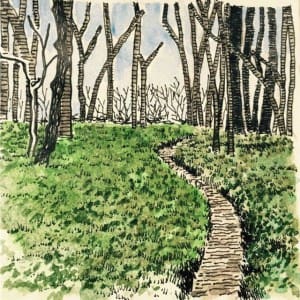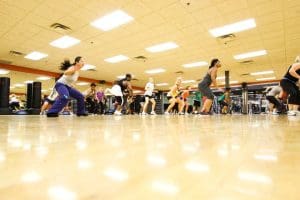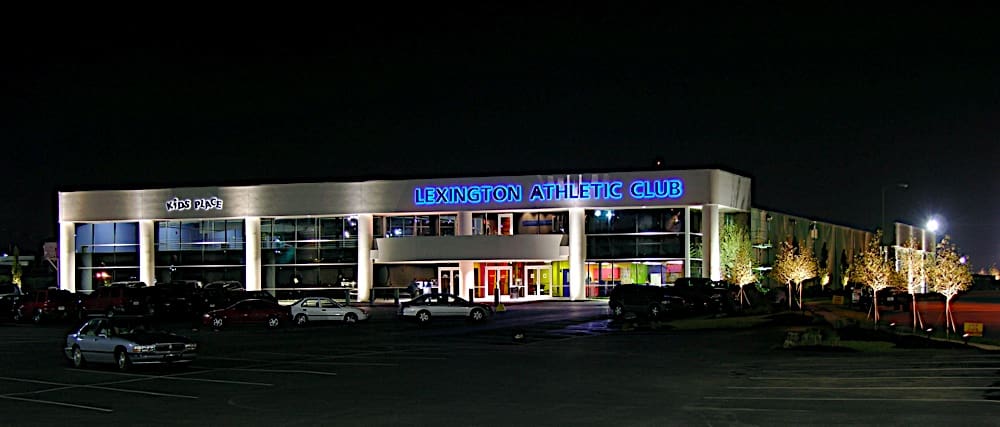Unlike the biohacks that the other gurus are out there selling, these are all-natural. I call them—and I insist on the capitalization here—NATURAL BIOHACKS.
via James Hamblin and The Atlantic
 Sleep
SleepSleep (“brain cleansing”?) will extend your life and help prevent pretty much every disease. Yes, even the infectious ones, since sleep deprivation can leave the immune system in tatters. Sleep requires no effort and costs nothing, yet people tend to go out of their way not to do it enough and to brag about notdoing it.
Sleep should be an easy sell. It’s a deep meditative state where you explore your subconscious and the dense ball of neurons in our heads wash themselves, clearing out the metabolic by-products (“toxins”). If the pro-work, anti-sleep culture makes you feel lame and self-conscious about, say, leaving a party to go home and sleep, try saying, “I’m going to go biohack my brain.” Then run out of the room.
The key to sleep is to save the last hour of the day for non-work-related things that let your brain cool down. I call this the Amazing Hour, but you can call it whatever you like. Other basic steps to mastering this biohack: no phones in bed, no caffeine or prescription amphetamines before bed, no alcohol before bed because it messes with sleep cycles. Maintain a somewhat regular sleep schedule, and keep your bedroom dark—or wear an eye mask and bring the darkness wherever you go.
 Moving your body
Moving your body
Find what’s right for you—what you enjoy and what’s sustainable and possible within your physical dominion and time schedule. Don’t worry about the latest trend or the need to belong to the most overpriced gym with the nicest soaps or the pressure to break a sweat every time. If you’re moving, you’re doing it right. Move as much as possible.
Eating good food
Exactly what constitutes good is a mix of taste and culture and individual metabolism, and the subject of much debate by people who try to impose one correct way of eating on everyone. From a nutritional perspective, humans are able to thrive on a wide variety of edible things, and people who eat a lot of minimally processed, plant-based things tend to live long, healthy lives. Anyone who makes strict rules about an avoidance-based or one-size-fits-all diet is selling something—probably a supplement, possibly calling it a biohack.
Bonus tricks include eating socially, taking time to cook and eat slowly, and eating from an environmentally conscious perspective—eating locally and sustainably, appreciating all the water and energy and labor that go into every bite you take.
This is all part of what might be called mindfulness or intentionality or gratitude, which can be worked into our daily lives via food. For all the focus on nutrition and taste as the primary and sometimes only metrics of a food’s goodness, the opportunity to solidify one’s sense of place in the world by eating may be the ultimate food hack.
A sense of purpose
Chasing happiness is not a biohack. Chasing purpose is.
The difference is sort of subtle, because when people feel purpose in their lives, they tend to feel happy. But the primary intention is what matters. If you chase the happiness itself, the utilitarian part of your mid-brain will likely lead you to the most expedient path to the strongest hit of dopamine. Often those come to us through substances and screens. These hits can become addictions, no longer giving happiness. Chasing purpose reverses the order: You take up something that doesn’t initially reward you, but pays off, neurotransmitter-wise, in dividends later.
 Connection to people and probably dogs
Connection to people and probably dogs
Like it or not, humans form relationships that fill up our time on Earth. If those relationships aren’t to things with beating hearts, then they will be to material things, including substances and screens. It turns out that even though relationships with people and animals require hard work, they deeply hack our biology in ways necessary for health and survival. Social isolation is linked to heart disease, arthritis, type 2 diabetes, dementia, and suicide. Isolated people are more likely to stop grooming and cooking and doing even the most basic biohacks that constitute “life.”
Full article HERE

LAC: Lexington Athletic Club
